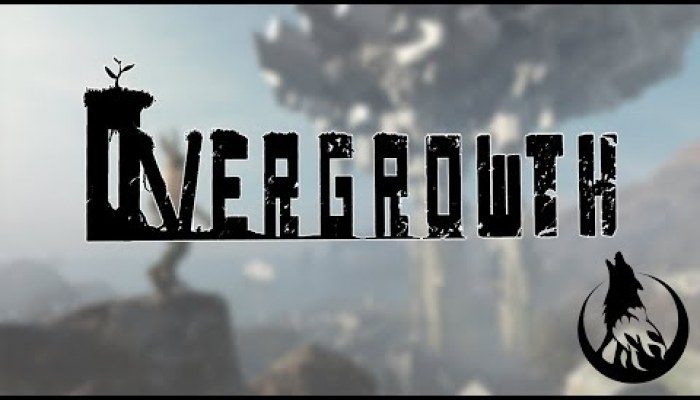

It's some sort of business arrangement between developers and a store that gamer generally doesn't see."īut industry analysts see digital game pricing less as "a supply-side thing" and more driven by consumer demand and willingness to pay. It's a supply-side thing, this revenue sharing. "This sort of economic competition is really healthy for the whole industry and will lead the industry to a better place for all developers and for gamers as well. "After you go through several cycles of game developers making decisions, you're going to see lower prices as developers pass on the savings to customers, realizing they can sell more copies if they have a better price," Sweeney said at the time. The only real exceptions come when a store is having a temporary sale, after which the games revert to identical prevailing pricing standards in almost every case.įurther Reading Epic CEO: “You’re going to see lower prices” on Epic Games StoreThis situation runs counter to a prediction that Epic co-founder and CEO Tim Sweeney made to Ars in an interview over two years ago. Instead of passing on the savings, the publishers just pocket the 18 percentage-point difference between the EGS cut and the Steam cut. In almost every case, those games will be offered at the same base price. Just look at any of the dozens of games available on both the EGS (where Epic charges publishers a 12 percent fee) and Steam (where Valve charges a 30 percent standard fee). The Epic Games Store's two-year-plus experiment in reduced platform fees provides plenty of evidence on this score. In practice, though, prices for the same title tend to remain consistent across platforms, regardless of the competing platform holders' specific revenue cuts. There's something intuitively appealing to the idea of game publishers trying to attract more market share by "passing on the savings" of lower storefront commissions by lowering the asking price for their games. Platform holders charge higher commission fees than they would in a truly competitive environment, the arguments go, and those higher-than-normal publishing costs are passed on to consumers via higher-priced games. Lawsuits against Apple, Valve, and Sony all take slightly different tacks in arguing that these companies exercise unfair monopoly control over their platforms' market for downloadable games.Įach suit also argues that this monopoly control leads to higher game prices for consumers.

Monopoly control is a hot topic in the games industry these days.

Dozens of states side with Epic in Apple App Store appeal.Bandcamp says it can’t afford Google Play billing, Epic files injunction.Epic strikes back at Apple’s iOS “security” defense in appeals court.Apple’s iOS “walled garden” doesn’t break antitrust laws, appeals court affirms.Aurich Lawson | Getty Images reader comments 195 with Epic vs.


 0 kommentar(er)
0 kommentar(er)
